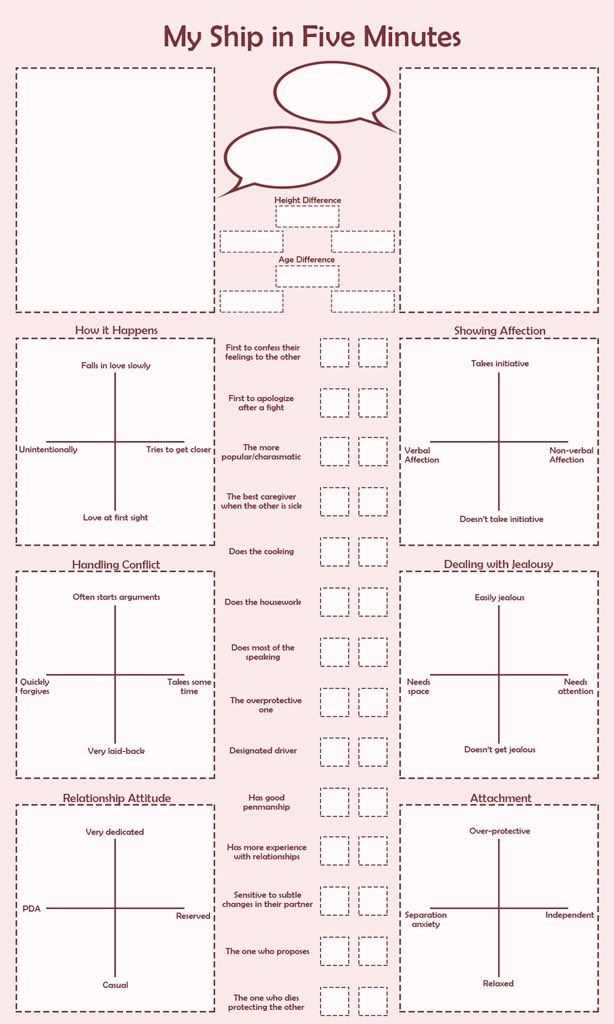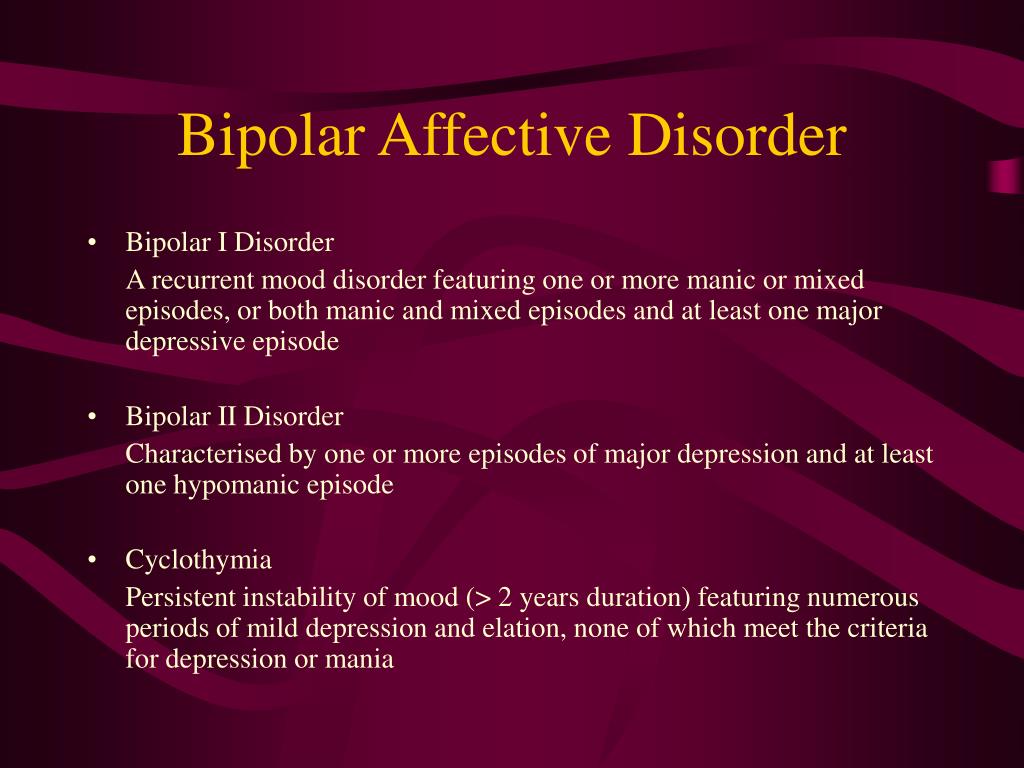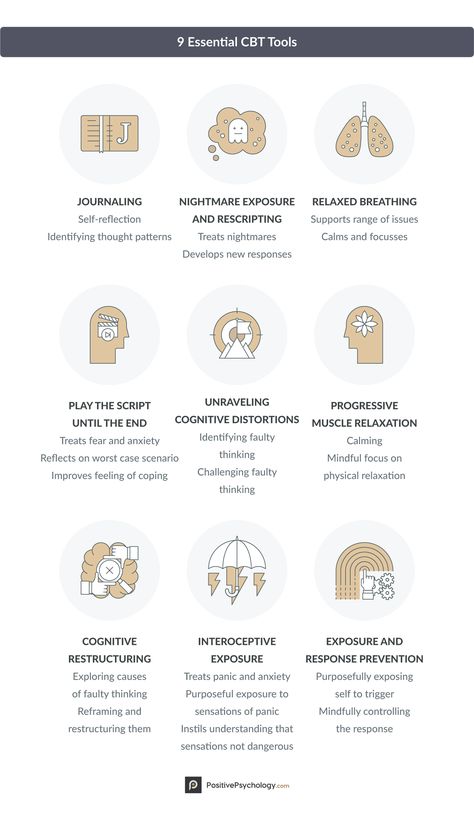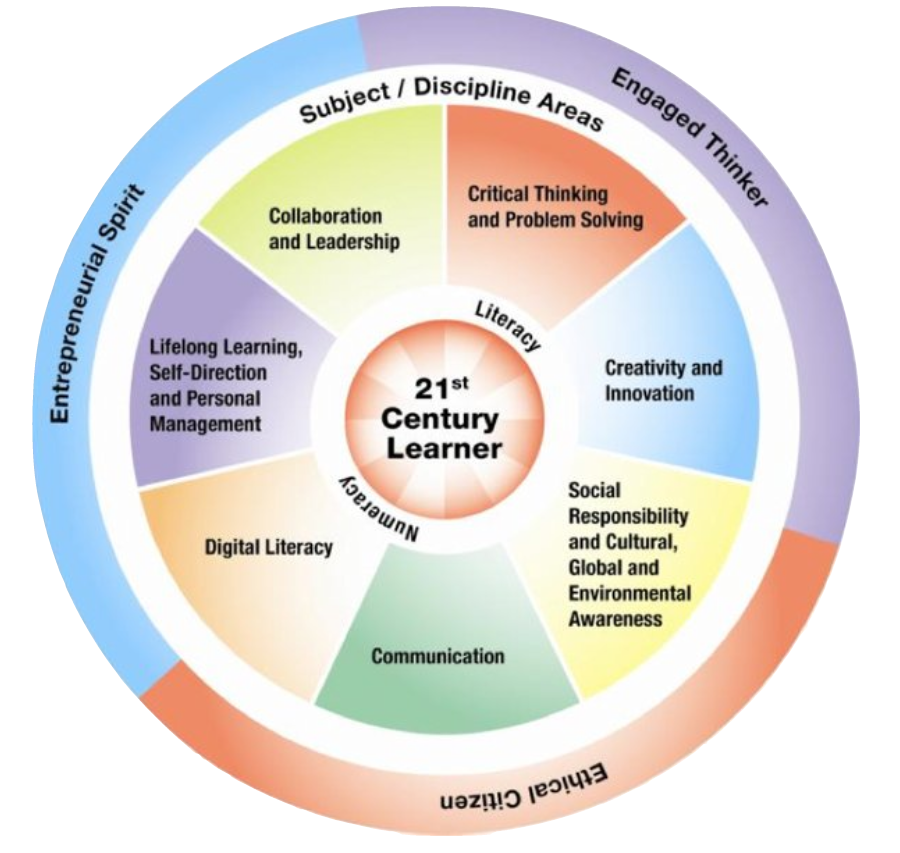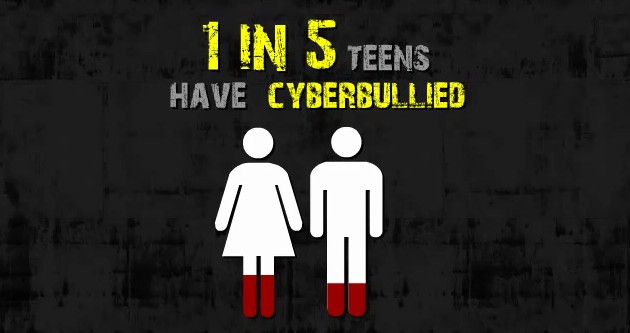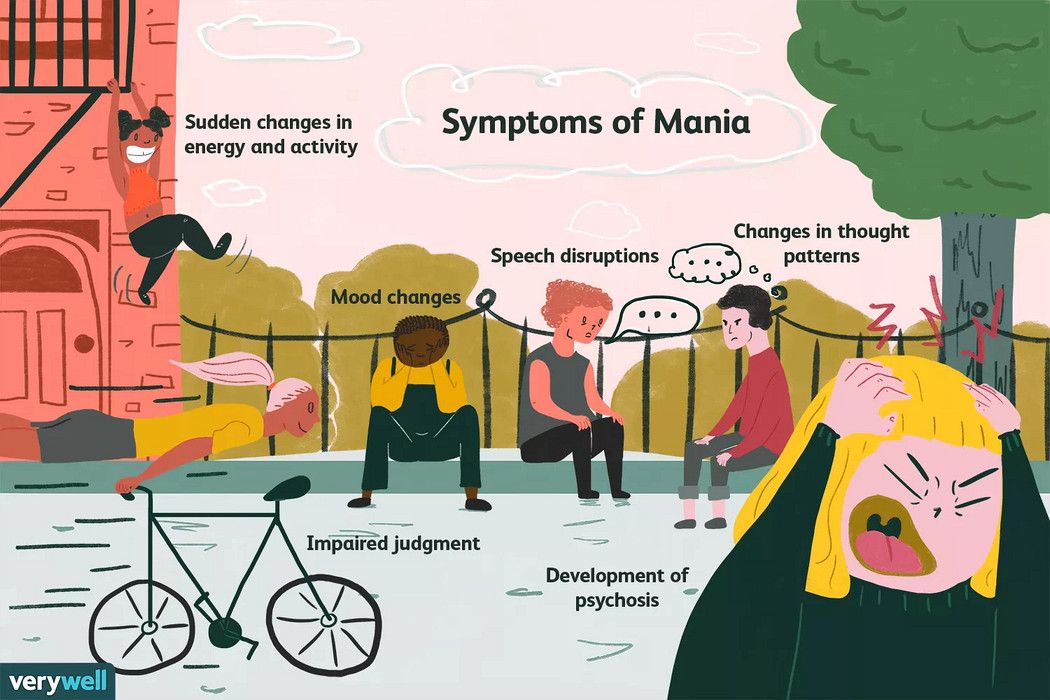How to get over a controlling relationship
What to do after an abusive partner breaks up with you
Breakups and goodbyes can be hard, even bittersweet. This is true for abusive relationships as well—even if you were unhappy or unsafe with your partner, the end of a relationship can still bring difficult and painful feelings, especially if it was the abusive partner who ended it. You can be left feeling confused and shameful, maybe even feeling like everything is your fault, including the abuse. Maybe you feel like you should have been the one to end things, or you feel angry that your partner left after you put up with so much abuse from them. You may even still be experiencing abuse, though the relationship has ended. Moving forward can seem difficult and overwhelming for many reasons.
Power & Control
Learning about the dynamics of domestic violence can be a good first step in starting the healing process, as it can help you understand what you went through and what you might need in order to heal. It’s important to realize that you are not only grieving the relationship, but coming to terms with trauma you may have experienced. You might ask yourself questions like, “What did my partner do to control or hurt me?” and “How did this impact me?” to explore these dynamics. It’s okay to feel sad about your relationship ending, even if you know you are safer outside of it. A journal can be a helpful tool in processing your memories and feelings around your relationship. Of course, make sure you’re being gentle on yourself through this process, since diving into your experiences can be re-traumatizing.
Abuse is a choice your partner made. The abuse was not your fault.
Gaining understanding of those two statements allows you to embrace healing. You deserve kindness, love, and respect.
Support & Self-Care
Surround yourself with support, whether from important people in your life or from yourself by practicing self-care.
It can be difficult to be kind to yourself at the beginning, but allow yourself to embrace the love and support from meaningful people in your life.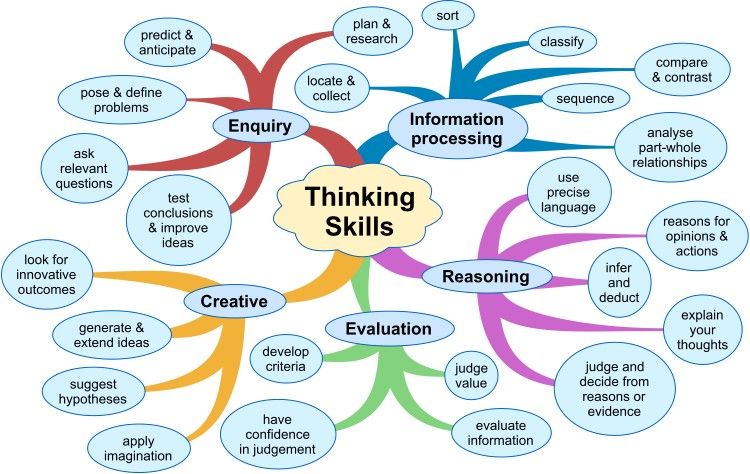 If it seems too overwhelming to reach out to everyone, you can start by making a list of people you feel would be supportive or those you want to rekindle a friendship with. When you feel ready, reach out to one person on that list. You don’t have to talk about the abuse or breakup to receive support—just being around people can be a powerful reminder that you are not alone, and you don’t have to go through this by yourself. Abusers seek to isolate their partners from their support systems, so reconnecting with loved ones can be a great first step toward healing. If your friends and family were critical of your relationship, they might express joy or excitement to hear that your relationship has ended. It’s okay to set boundaries and tell them what kind of support you do or don’t need right now. Your feelings are valid—you don’t need to feel happy your relationship has ended, even if it was abusive.
If it seems too overwhelming to reach out to everyone, you can start by making a list of people you feel would be supportive or those you want to rekindle a friendship with. When you feel ready, reach out to one person on that list. You don’t have to talk about the abuse or breakup to receive support—just being around people can be a powerful reminder that you are not alone, and you don’t have to go through this by yourself. Abusers seek to isolate their partners from their support systems, so reconnecting with loved ones can be a great first step toward healing. If your friends and family were critical of your relationship, they might express joy or excitement to hear that your relationship has ended. It’s okay to set boundaries and tell them what kind of support you do or don’t need right now. Your feelings are valid—you don’t need to feel happy your relationship has ended, even if it was abusive.
Practicing self-care can help with functioning day-to-day or when you feel like you’re needing some TLC.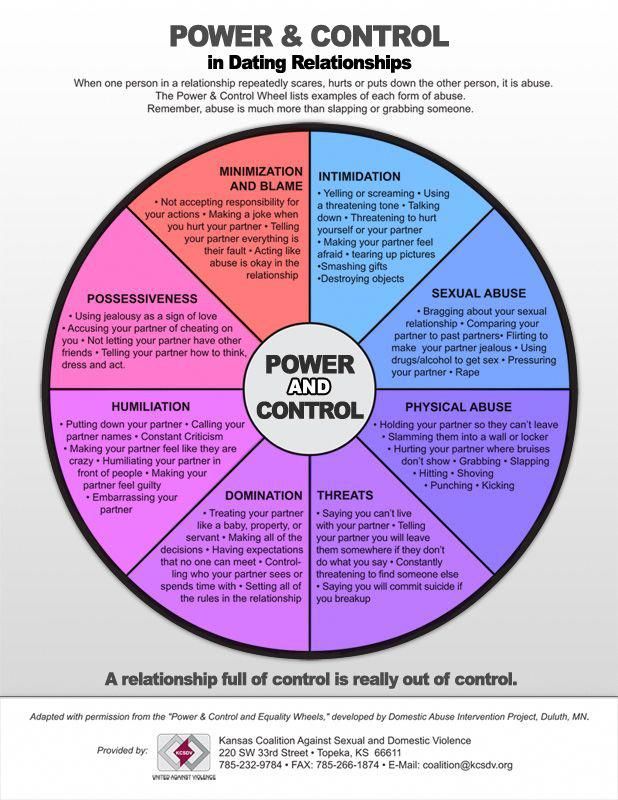 Your self-care can be engaging in a hobby, trying something new, brushing your teeth, drinking enough water, getting your nails done, watching your favorite comedy special, going out with friends, the list goes on. Self-care is exactly what it sounds like, taking care of yourself. Even if it’s only five minutes out of the day, you are worth it! Nobody deserves your love and attention more than you do.
Your self-care can be engaging in a hobby, trying something new, brushing your teeth, drinking enough water, getting your nails done, watching your favorite comedy special, going out with friends, the list goes on. Self-care is exactly what it sounds like, taking care of yourself. Even if it’s only five minutes out of the day, you are worth it! Nobody deserves your love and attention more than you do.
- Mini-Activity: Make strips of things you enjoy doing (you can even label them by how long these activities may take) and put them in a jar. Draw a strip every day or when you have time, and do that activity!
Safety
Safety planning can take a lot of different forms, but the goal is for you to feel safe, both physically and emotionally. The most successful safety planning takes into account the specific, unique barriers each survivor faces, so think about what you’re most concerned about. If your ex is harassing or stalking you after the break up, you may need to decide what steps you will take to stay safe.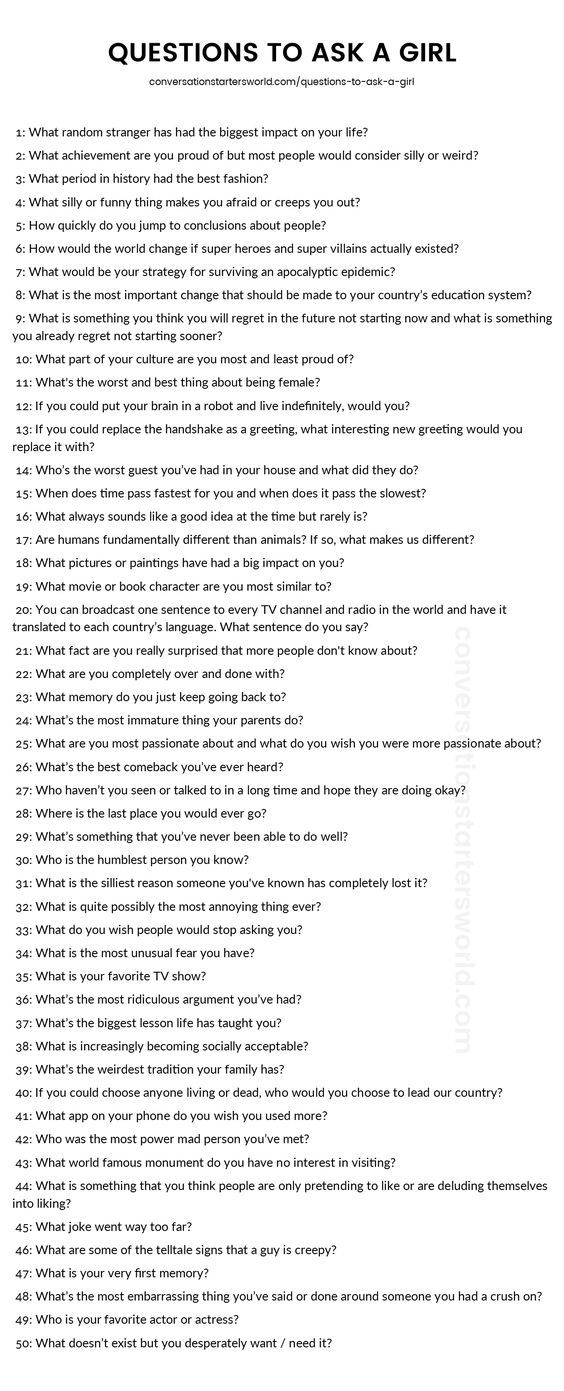 This might look like:
This might look like:
- Blocking your ex on social media
- Saving screenshots of harassing or threatening texts to document your abuse
- Taking steps to secure your home
- Keeping a stalking log
- Staying with a friend or family member
- Filing a police report or seeking a protective order to remove weapons from their possession
When thinking of your emotional safety, being aware of triggers (a song, being alone, an anniversary, old texts) can help with processing your feelings and taking the proper steps to take care of yourself. If you are feeling overwhelmed or even depressed, it’s ok to want to talk to someone about how you’re feeling, such as a therapist, friend, or one of our advocates.
You might find yourself wanting to reach out to your ex, and that is completely normal. If your ex has expressed wanting to cut off contact, it’s healthiest to respect that boundary and find a different way to support yourself through that moment.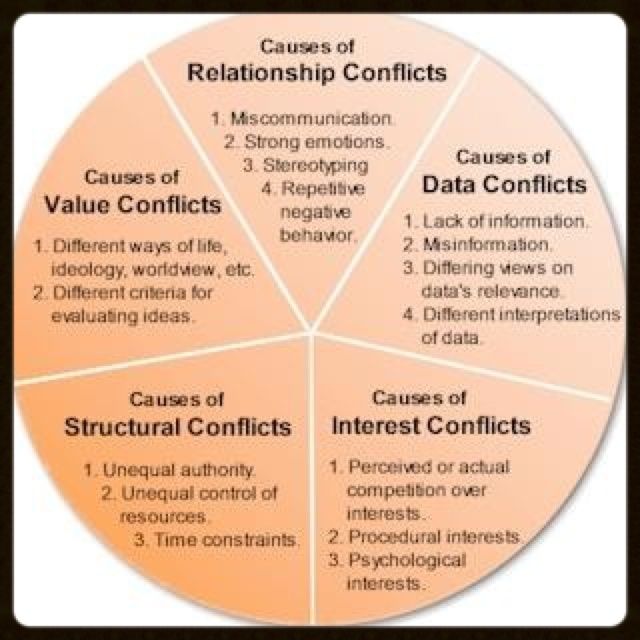 If you and your ex are still on speaking terms, consider what will happen if you reach out to them. Will they say something hurtful? Will they manipulate or threaten you? You are the expert on your situation, so you know best how your partner is likely to react, and how that might make you feel.
If you and your ex are still on speaking terms, consider what will happen if you reach out to them. Will they say something hurtful? Will they manipulate or threaten you? You are the expert on your situation, so you know best how your partner is likely to react, and how that might make you feel.
What’s Next?
Moving and shifting thoughts from “why” to “what” is not only hard, but scary. Questions like, “What do I want to do next?” or “What makes me feel better?” take time to explore, and it can be a trial and error process. Your experience and your healing will be different from anyone else’s—and may even be different from what you were hoping. Remember to be patient, and more importantly, kind to yourself. You deserve love and respect from yourself, not just from the people in your life.
If you want to talk about what you experienced, brainstorm with one of our advocates about what your plan for healing might look like, or have any questions or concerns, our advocates are available 24/7/365! Call us at 1-800-799-SAFE (7233) or chat at www. thehotline.org when you’re ready to talk.
thehotline.org when you’re ready to talk.
How to Get Out of a Controlling Relationship
Are you stuck in a controlling relationship where you keep going out of your way to deal with a controlling boyfriend or girlfriend but never feel appreciated? Well, you’re not alone. Tolerating controlling behavior in a relationship can be exhausting and suffocating.
Maybe you’ve tried your best to save the relationship, but things keep getting worse. You’ve reached your limit, and now you find yourself wondering how to get out of a controlling relationship. If this sounds somewhat like you, read on.
In this article, we’re going to explore the signs of a controlling person, what a controlling relationship looks like and how to get out of a controlling relationship when you feel stuck.
Also Try: Controlling Relationship Quiz.
What is controlling behavior?
Controlling behavior means isolating someone from their support system, threatening and manipulating in a way that makes the victim feel so insignificant that they end up giving up control in a relationship.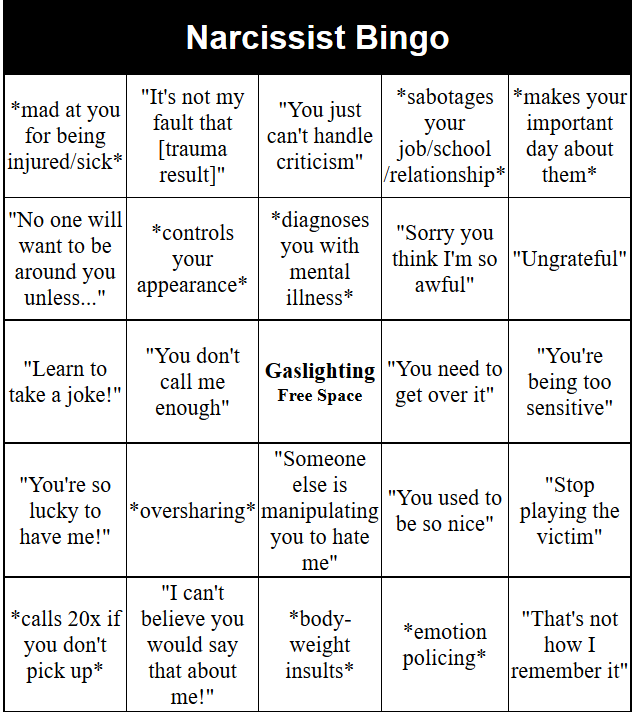
Passive-aggressive behavior, criticizing someone for their every move, and trying to change others are examples of controlling behavior in a relationship. Controlling behavior is one kind of emotional abuse, and the victim might feel confused, guilty, or ashamed because of it.
Sometimes controlling behavior includes abuse and domestic violence as well. If you are a woman who feels she is trapped in a controlling relationship, check out this book by Psychotherapist Carol A Lambert. It highlights ways to take back control and get out of an abusive relationship.
Related Reading: Signs You're in a Controlling Relationship
15 Signs of a controlling relationship
What is a controlling relationship? Is there an obvious controlling relationship behavior to look out for?
Well, Let’s have a look at these 15 signs to assess the state of your relationship and know for sure if you’re being controlled in a relationship.
- There’s an unhealthy power dynamic in your relationship.
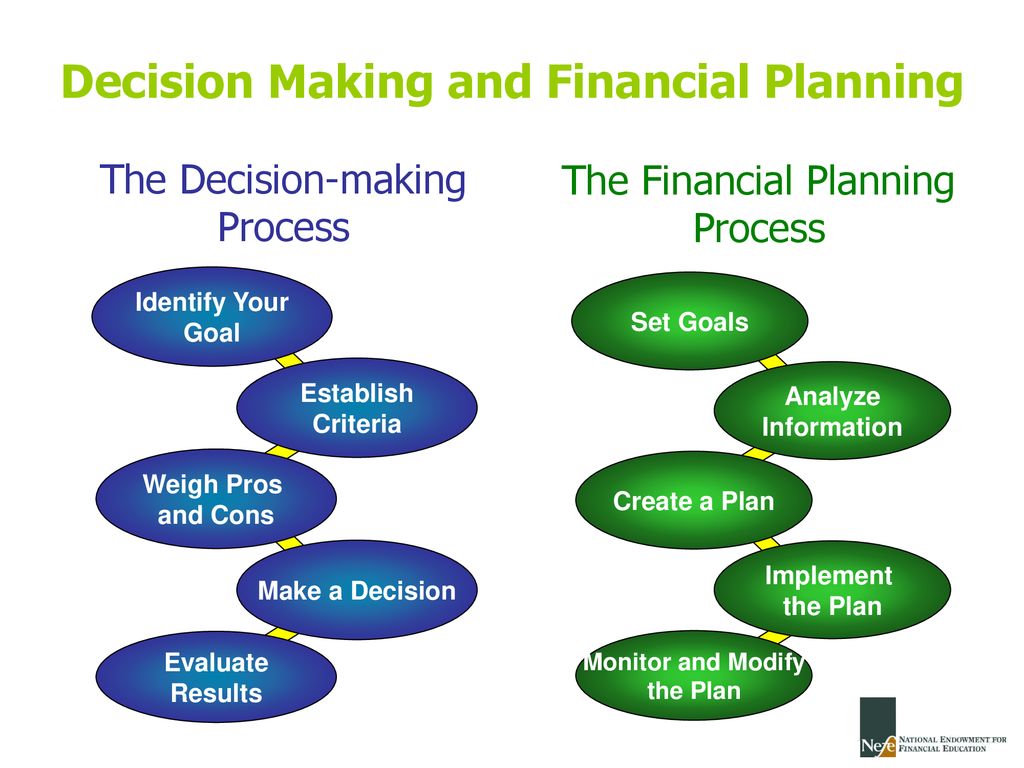 Your partner is the one making all the decisions in your relationship, and you have got no choice but to follow. You might be forced to put your goals and aspirations on the back burner.
Your partner is the one making all the decisions in your relationship, and you have got no choice but to follow. You might be forced to put your goals and aspirations on the back burner.
- Your partner finds faults in everything you do. Their destructive criticism keeps making you feel like you’re not good enough to be loved by anyone, and your controlling partner is doing you a favor by being in a relationship with you.
- The controlling partner tries to isolate you from your friends, family, or anybody you’re close with. They find problems with your friends’ behaviors and keep telling you to stay away from them for one reason or another.
- When you deal with controlling people, they manipulate you in a way that makes you codependent. You start having a hard time making decisions, even simple ones like what to wear on a casual night out.
- Veiled threats and emotional abuse are regular parts of your life.
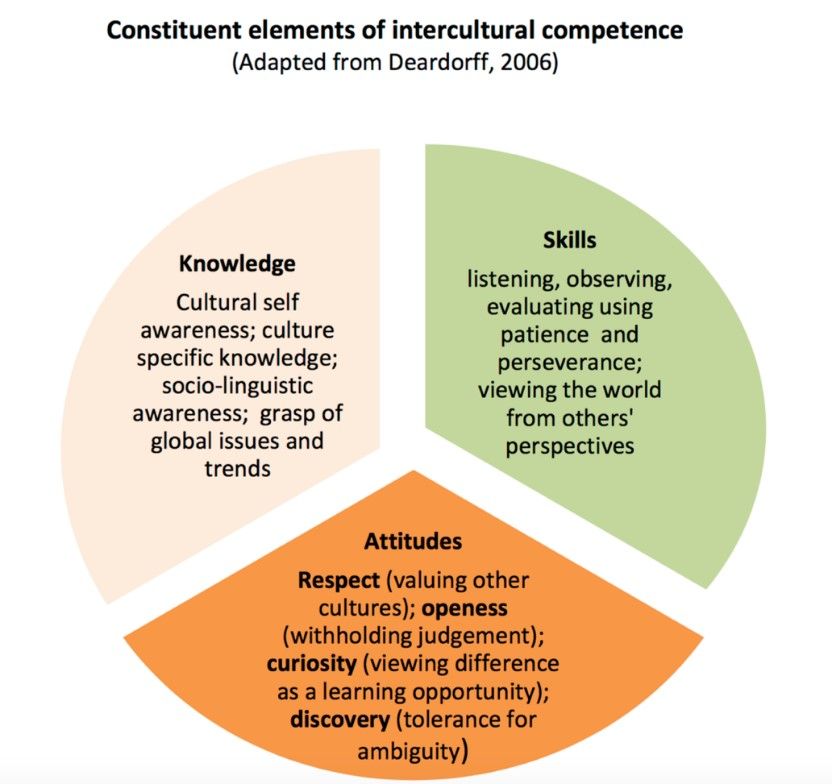 You live in constant fear of them doing something spiteful if you don’t do as they say.
You live in constant fear of them doing something spiteful if you don’t do as they say.
- They love you conditionally and with strings attached. You hear them saying things like, ‘I’ll love you more if you do that for me’ or ‘I’ll spend more time with you if you stop hanging out with your best friend.’
- When you deal with a controlling partner, they make sure you always feel indebted to them. You have to work hard to earn their love. They keep score and make you feel guilty if you fail to indulge their whims.
- You have no privacy. Be it your Facebook password to your bank account details; they need to have access to every bit of your life. They demand complete transparency in the name of love.
- In a controlling relationship, you regularly find yourself saying ‘sorry’ without knowing what you did to hurt them. It looks like every step you take somehow annoys your partner.
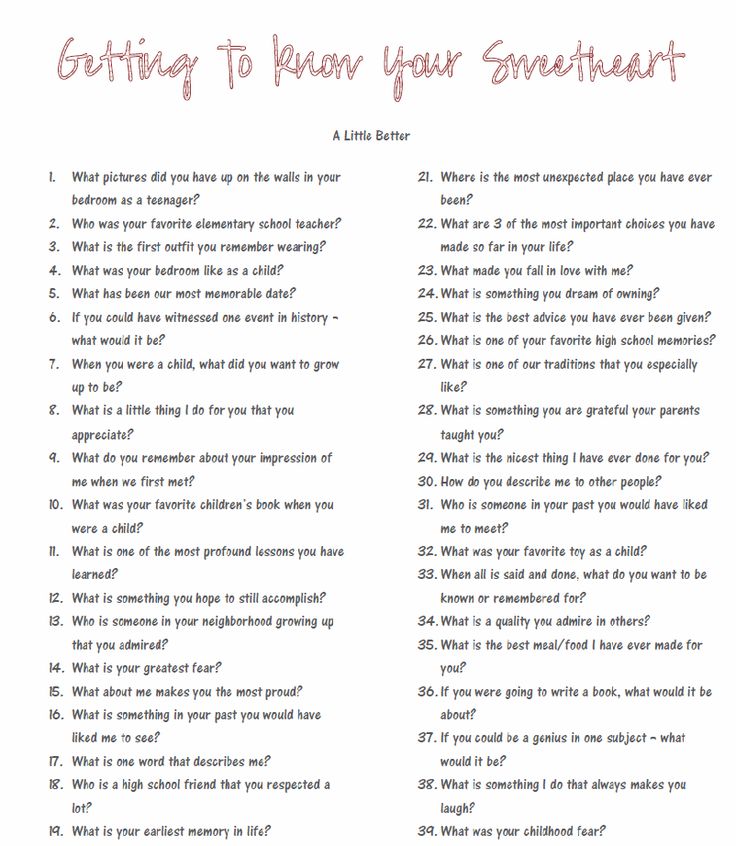
- Your partner doesn’t trust you enough and keeps snooping on you. You keep reporting your whereabouts to your partner because they get paranoid if they don’t know where you are all the time.
- Your partner wants others to feel indebted to them for everything they do and indulge their every whim. If not, you may have to face their angry outbursts.
- Your partner might show signs of extreme jealousy. They may also intimidate and threaten you to have control over you.
- They tend to gaslight others and call them ‘crazy’ or ‘irrational’ if things don’t go their way. If something goes wrong in the relationship, they take on the role of a victim and make others feel guilty.
- They try to change their partners and make them feel insignificant. They don’t respect the boundaries others set and can’t take ‘no’ for an answer.
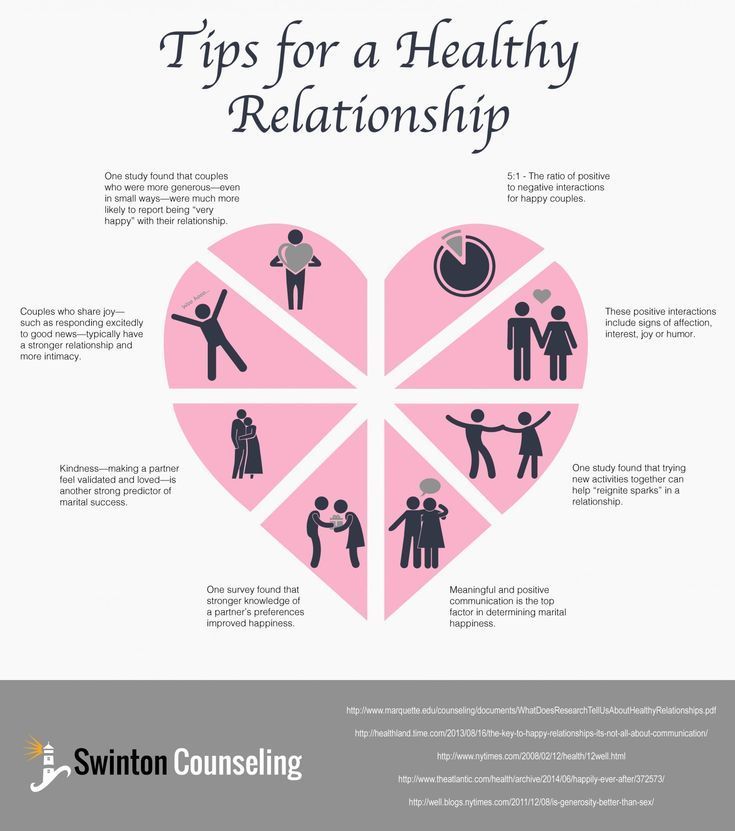
- Might show signs of abusive behavior.
Related Reading: Signs of a Controlling Wife and How to Deal With Her
Also, watching this video might help.
How to get out of a controlling relationship
Leaving a controlling relationship is challenging on so many levels. But, here’s a 10 step framework for you to break free from a controlling relationship.
1. Recognize the signsInstead of being in denial and staying in a controlling relationship out of fear, see your partner for who they really are. Are they just clingy, moody, and concerned about your wellbeing? Or are they controlling every aspect of your life without taking your wishes into consideration?
If most or all of the signs of a controlling relationship are present in your relationship, make a decision.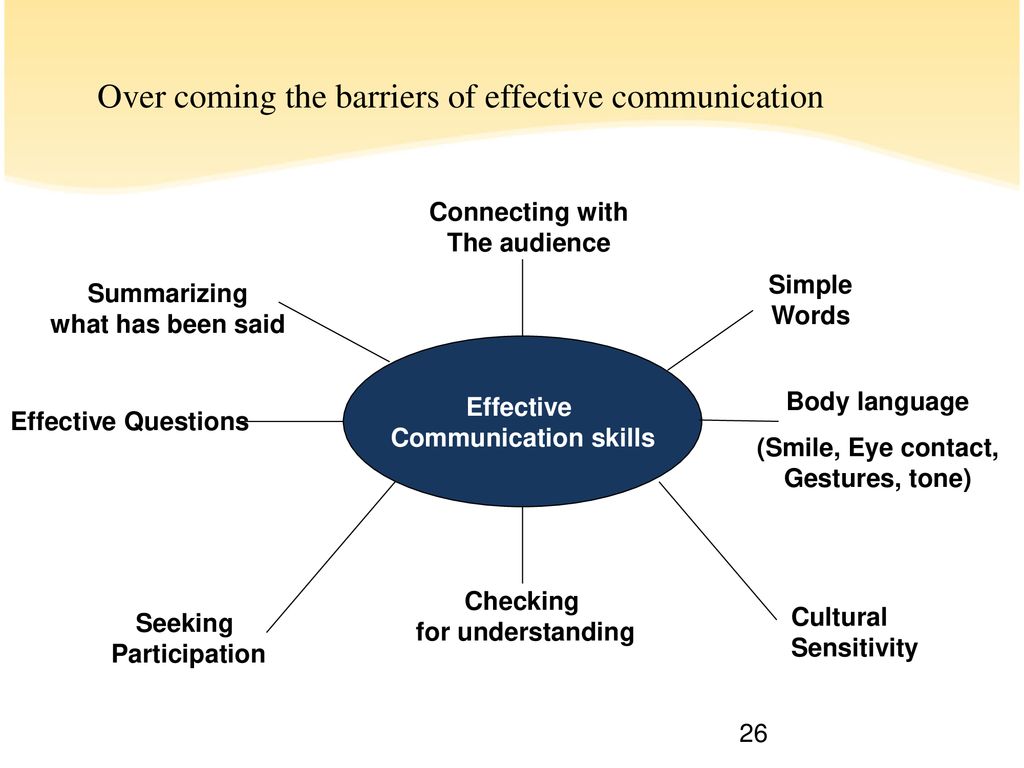 Do you want to continue living with a controlling person like that or leave this relationship and start over? The sooner you realize and decide, the better.
Do you want to continue living with a controlling person like that or leave this relationship and start over? The sooner you realize and decide, the better.
Being in a controlling relationship makes it incredibly difficult to stay connected to the people you love. Your controlling partner may not like and approve of most of your friends and family anyway.
To keep the peace in your relationship, you slowly gave in and started to lose touch with the people who always had your back. But, when leaving a controlling relationship, you need to gather your support system and let them know what you’re dealing with.
3. Set healthy boundariesIt might feel really hard to go against a controlling partner and do what’s good for you. But you need to start doing that for your own good. Set boundaries and tell them what you will and won’t tolerate.
If you don’t want them to handle the finances for you, let them know and start doing it yourself.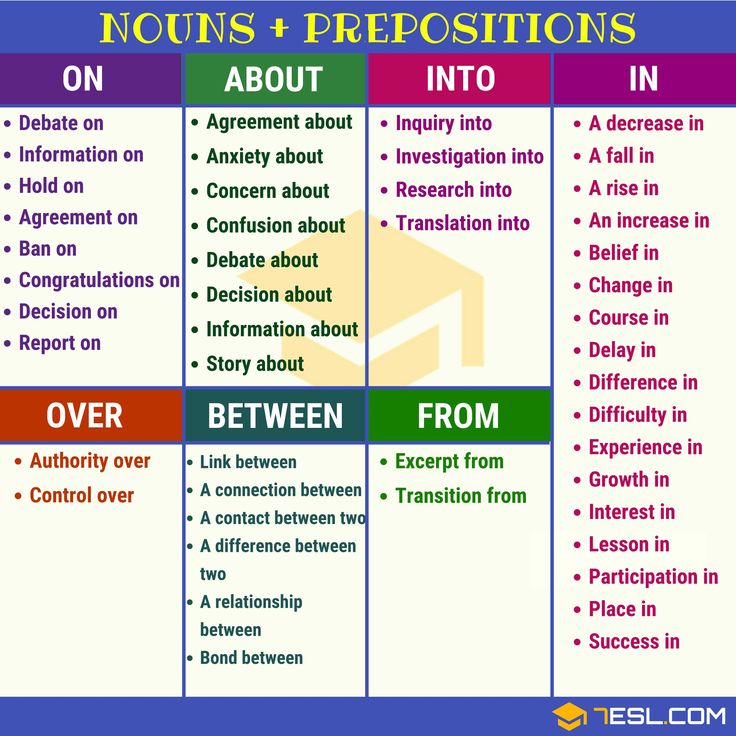 Want to meet your friends, but they don’t like it? Make it clear that your friends are an important part of your life, and you’ll keep seeing them whether your controlling partner likes it or not.
Want to meet your friends, but they don’t like it? Make it clear that your friends are an important part of your life, and you’ll keep seeing them whether your controlling partner likes it or not.
If they’re willing to accept and respect your boundaries, great! If they don’t and try to be manipulative like they’ve always been, it’s time to pull the plug.
Related Reading: Setting Healthy Boundaries in a Relationship4. Create a safety plan
Assess the state of your relationship and figure out if you’re physically safe with your partner.
Even if they aren’t physically abusive yet, they might lose it in the spur of the moment. So, make sure you develop a safety plan before you tell them you’re leaving.
You can have the conversation in a park or open space where you have privacy, yet other people are around you. Have a friend around who can be there for moral support once you’re done talking to your partner.
5.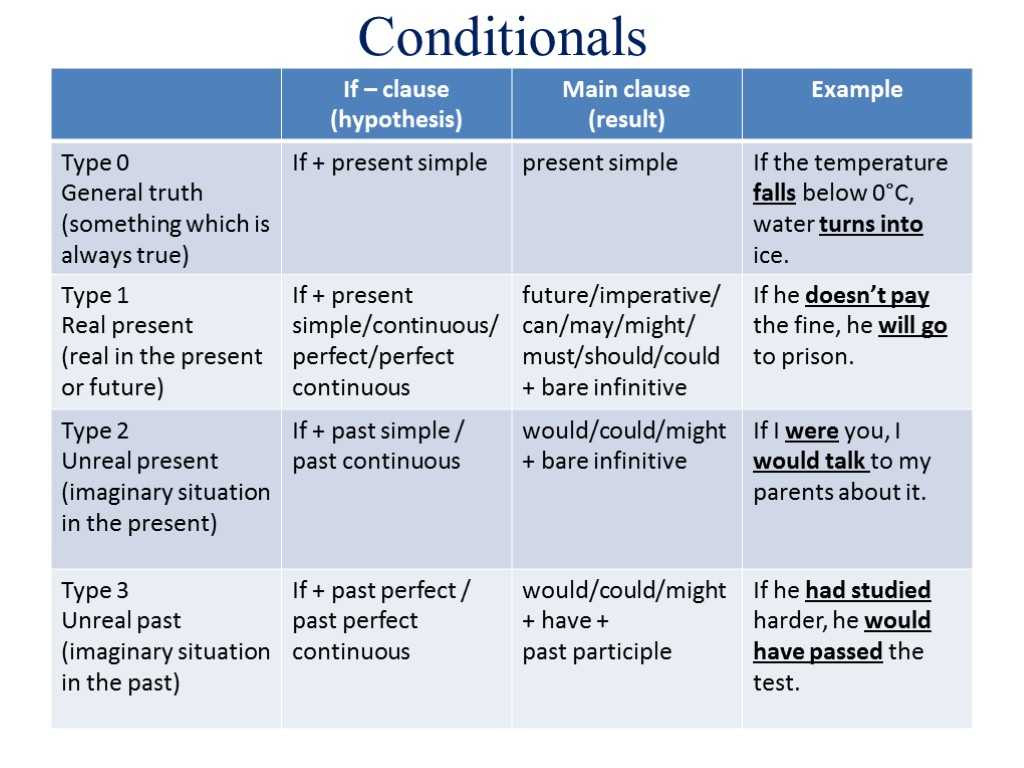 Talk to your partner
Talk to your partnerYou might feel really scared to talk to your controlling partner about how their behavior is affecting you and your relationship. But stop worrying and do it anyway. Be calm and reasonable while you talk to them.
They might get defensive and start acting the way they usually do. Or, they might realize and acknowledge that their controlling behavior is hurting the relationship. Either way, you’ll know if your relationship can still be saved or not.
If they don’t see any problems in their actions and keep trying to make you look like the crazy one, let them know that you don’t want to be treated this way anymore.
Related Reading: How to Communicate With Your Spouse When Things Are Tough6. Don’t change your mind
Once you talk to your controlling partner about ending the relationship, you can expect them to get overly emotional. They might get angry and call you names or start crying uncontrollably to stop you from leaving.
Don’t fall for their manipulation tactics. Once you’ve tried your best to save the relationship and given them countless ‘one more chance, it’s time to be firm. Plan what you’re going to say and how you’ll say it.
Do it, and then leave the room before they entrap you into staying with them. If they say you haven’t given them a chance, it’s best to ignore them. You’ve given them more than enough chances, but it looks like they just don’t know how to stop being controlling in a relationship.
7. Cut off all contact with themIt might break your heart to even think about this, but staying with them for one more night or talking to them for one last time might only make you feel worse. Getting away from them may be the right thing to do. Not telling them where you are going might also help.
You might block them on your phone and social media. If they show up unannounced, it’s better not to entertain them. If you do need to talk to them for some reason, try not to meet them alone.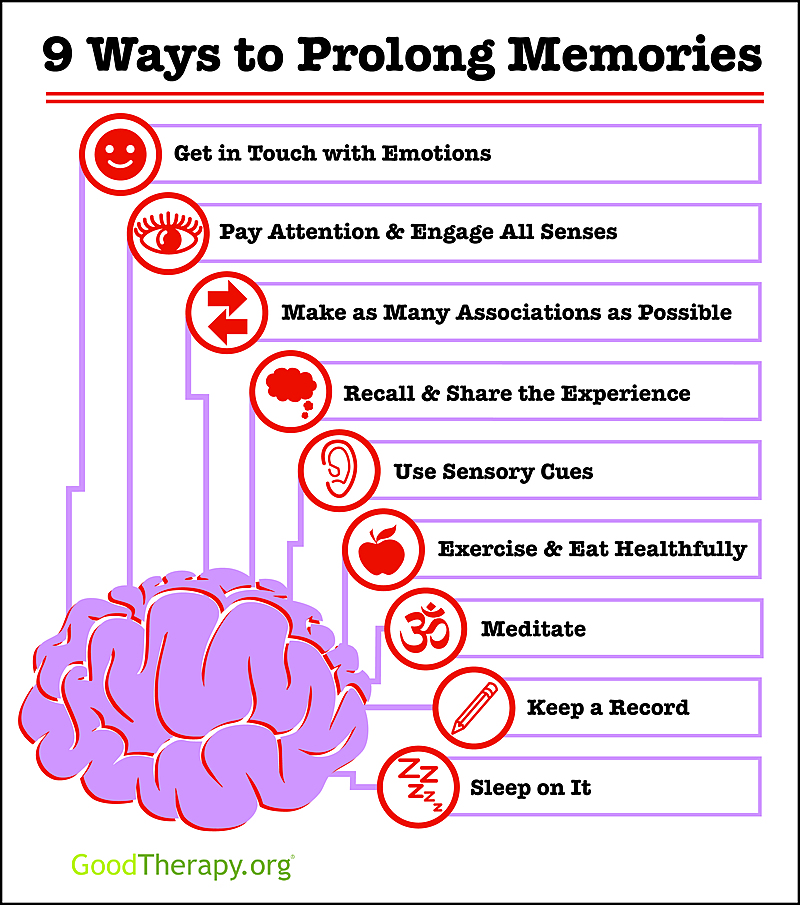 Bringing a friend with you is always a great idea and remember to keep it short.
Bringing a friend with you is always a great idea and remember to keep it short.
It may break your heart to end all communication with the person you loved with all your heart, but give it some time, and you can get over this.
8. Take back control of your lifeDon’t mope around the house all day. Get busy. Meet your friends and spend time with the people you love instead of sitting alone in the dark and regretting your decision. Try out new things and invest in yourself.
However tempting it may be to call them or respond to their texts, make sure you don’t. Don’t stalk them on social media as well. You need to remember why things didn’t work out between you and your controlling partner. You don’t want to go back to that life.
9. Take time to healBe kind to yourself. Don’t blame yourself for not leaving the relationship sooner. Take all the time you need to heal.
Don’t rush the process. Don’t hold yourself to a deadline. Allow yourself to feel all of the emotions and seek professional help if needed.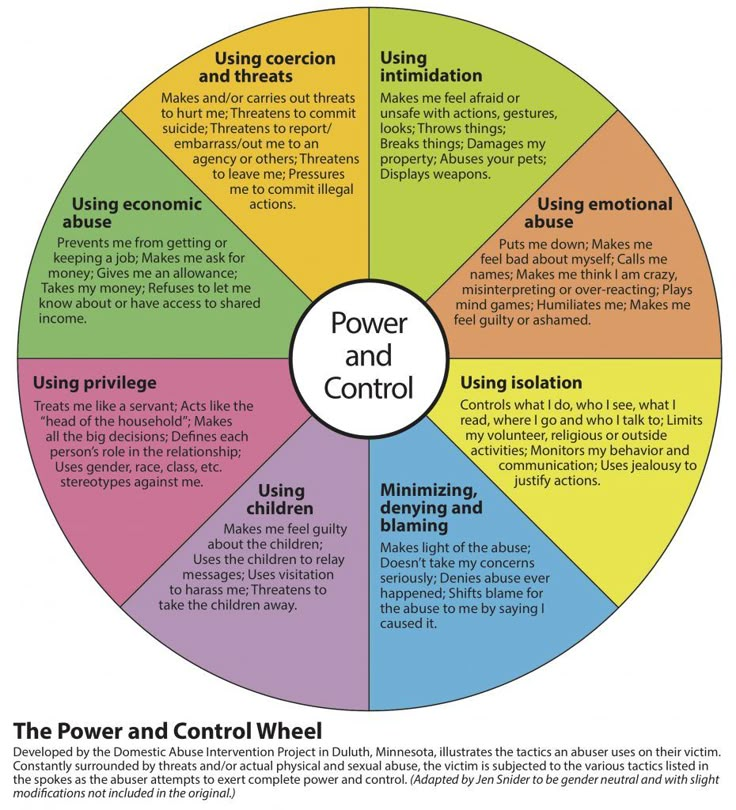
If you’ve been with your partner for a long time, it’s normal to take longer than others who’ve gotten out of their controlling relationship earlier. So, don’t beat yourself up for taking as much time as you need to feel like yourself again.
10. Make self care a priorityFocus on yourself and make sure you eat well, get some sleep and exercise even if you don’t feel like getting out of bed in the morning. What are the things you weren’t allowed to do simply because your controlling partner hated them?
Why don’t you do them now? Find a new hobby, go out with your friends, visit your family, or whatever it is you’ve wanted to do for a long time. Keep working on yourself until you feel whole again.
Related Reading: How to Deal With a Controlling HusbandConclusion
The controlling behavior in your partner might be a result of low self-esteem, a difficult childhood, or past trauma. If they’re willing to recognize their behavior and work on them, your relationship still has a fighting chance of surviving.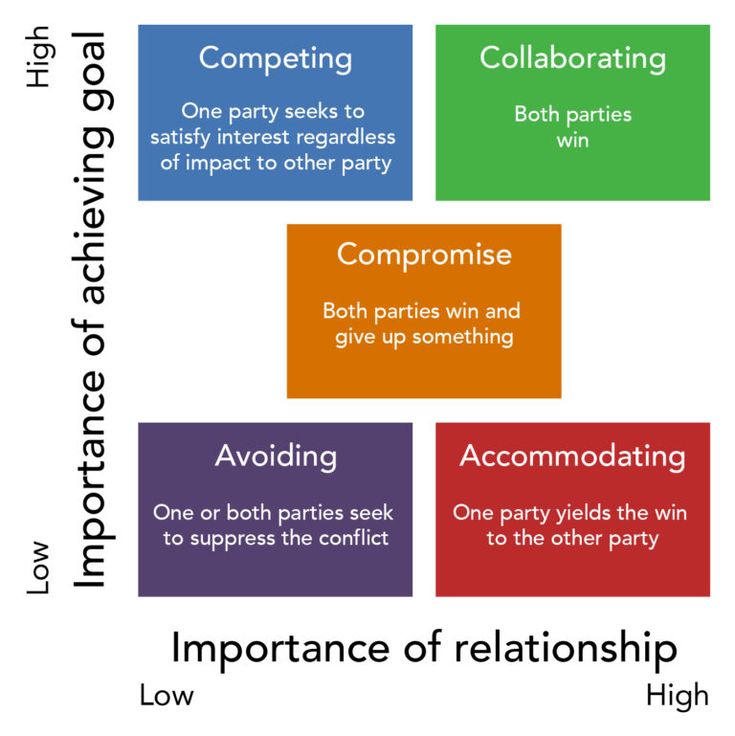
But, if they’re totally blind to their own faults and incapable of change, getting out of that relationship is the way to go.
when control in a relationship destroys our identity?
Headings : Latest articles, Psychology
Did you find something useful here? Help us stay free, independent, and free by making any donation or purchasing some of our literary merchandise.
Not so long ago "Monocler" published an article about totalitarianism and its manifestations in groups, cults and states. However, total control can manifest itself not only within certain systems, but also in the relationship between two people. Living together with a constantly controlling and terrorizing partner is tantamount to being in a totalitarian cult that controls the mind and emotions of its victims. Today we understand what a "perspecticide" is and why it is important to know about this phenomenon.
Violence can take not only physical, but also psychological character. With a certain psychological impact, the aggressor criticizes the beliefs and views of his partner until he finally “brainswashes him.” This latent inhibitory effect has been termed "perspecticide" in the scientific literature.
With a certain psychological impact, the aggressor criticizes the beliefs and views of his partner until he finally “brainswashes him.” This latent inhibitory effect has been termed "perspecticide" in the scientific literature.
So what is a prospecticide?
"Perspecticide" is a new term in the field of psychological influence. The phenomenon is characterized as one of the types of psychological or emotional abuse, in which one partner in a relationship completely controls the other. In the end, the latter loses his views along with the sense of his own "I". Dr. Nicola Graham-Kevan, Lecturer in the Psychology of Aggression at the University of Central Lancashire, England, notes:
“The term perspectiveicide was coined by social worker Evan Stark, author of Coercive Control, who described the phenomenon as a radical form of coercive control over a loved one.
This phenomenon is often similar to Stockholm Syndrome, in which abduction victims develop sympathy for their captors over time”[1].
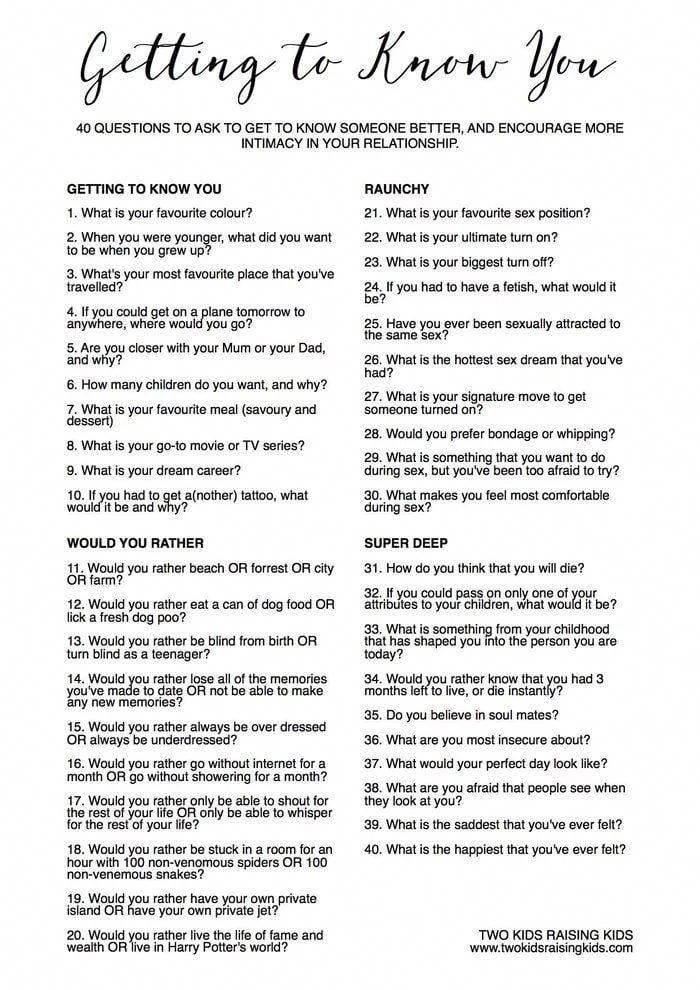
Constant author of Monoclere, psychotherapist Maxim Chekmarev clarifies:
“Perspecticide is not some new phenomenon, but a word that has become customary to denote a certain type of relationship. This form of behavior itself has historical roots. For quite a long time, women and children were considered the "property" of a man - a husband or father - and therefore were in conditions where they did not have the opportunity to develop their identity. In modern psychology, such relationships are usually interpreted as attachment trauma, in which the aggressor creates a relationship with the victim that threatens her autonomy. In Russian science about such relationships, but without a hint of pathologisation, Vasilchenko wrote, introducing the ideas of Eric Burne into his sexology. He singled out the types of relationships in a pair: "woman-mother" and "man-father" or "woman-daughter" and "man-son", in which, despite the fact that people are in partnership, their interaction is asymmetrical - one depends on the other psychologically.
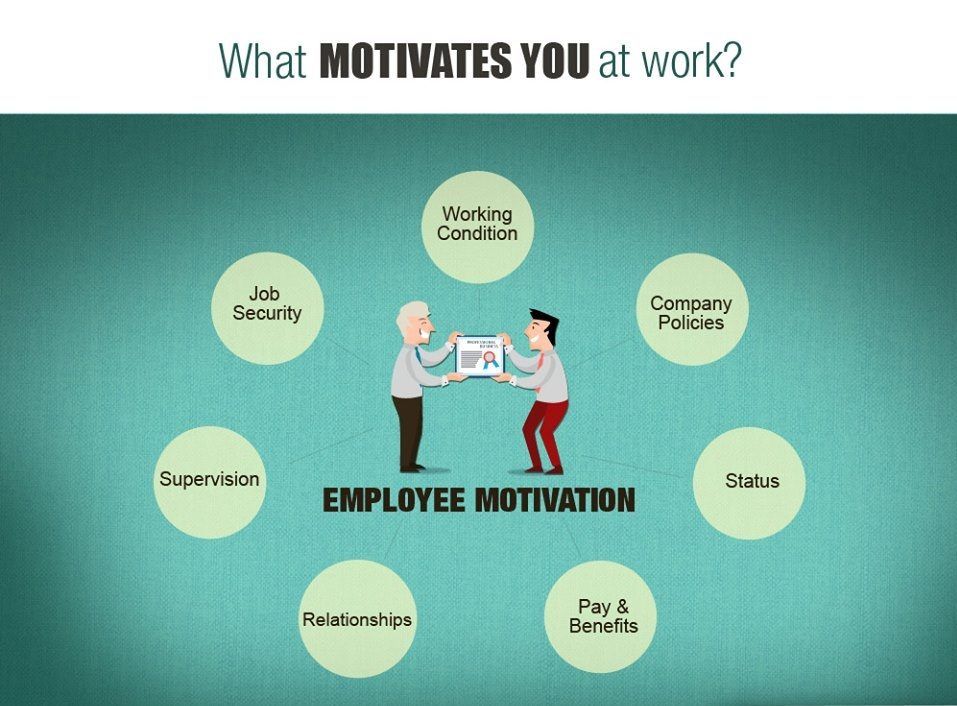
Read also Emotional dependence, or life in a vicious circle
How does the perspecticide affect the victim?
A high level of control can seriously affect a person's mental state. Graham-Kavan notes that victims are often unable to cope with negative emotional states. By agreeing to control, the person can thus ease these negative feelings, which can lead to a negative cycle of control and dependency.
In this regard, victims tend to submit to the influence of their partner, expressed in total psychological control, as they see it as an easier way out of the situation. However, it is difficult to obtain more complete results, especially since there have been relatively few studies on this issue.
Lisa Aronson Fontes, a psychology researcher at the University of Massachusetts Amherst, characterizes the phenomenon as "a relationship of a suppressive or controlling nature, where the dominant partner tries to change the way the victim thinks.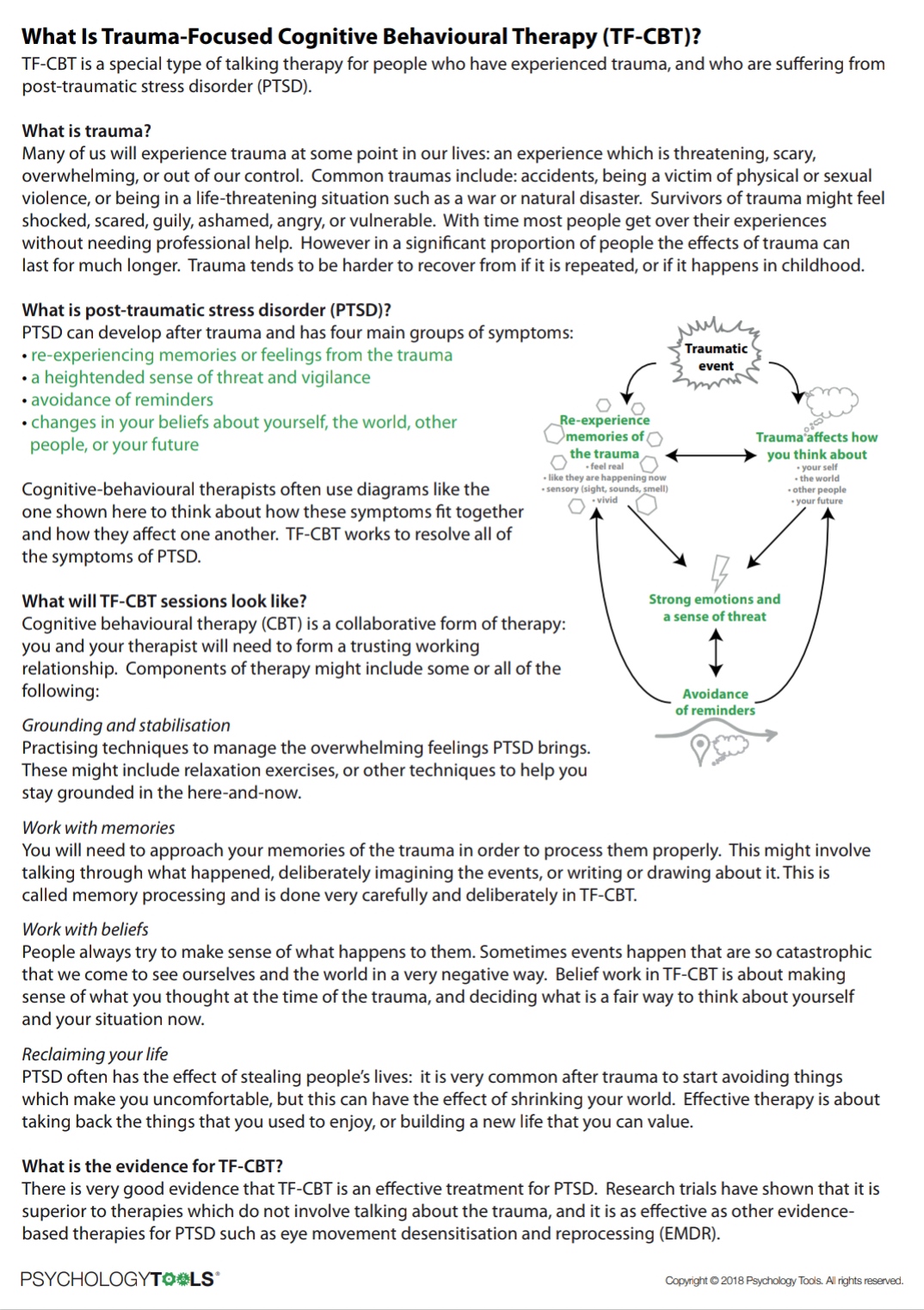 "
"
“The aggressor defines what love is. The aggressor tells what is right and what is wrong, keeping constant surveillance of his partner. The aggressor also determines what is wrong with the victim and what they need to do in order to fix it.”
Fontes continues:
“When subjected to prospecticide, people give up their own opinions, religious affiliation, advice from friends, goals in life, and so on. And here the natural mutual influence that occurs in relations between people in pairs is not at all implied - such a phenomenon seems more vile and is carried out unilaterally "[2].
Main characteristics of the prospecticide
- Self doubt
The first thing a bully does is try to lower your self-esteem. He questions your abilities, talents, your own choices, opinions and beliefs. He may taunt you, openly criticize you, or make subtle and pointed remarks that cause you to gradually begin to doubt yourself.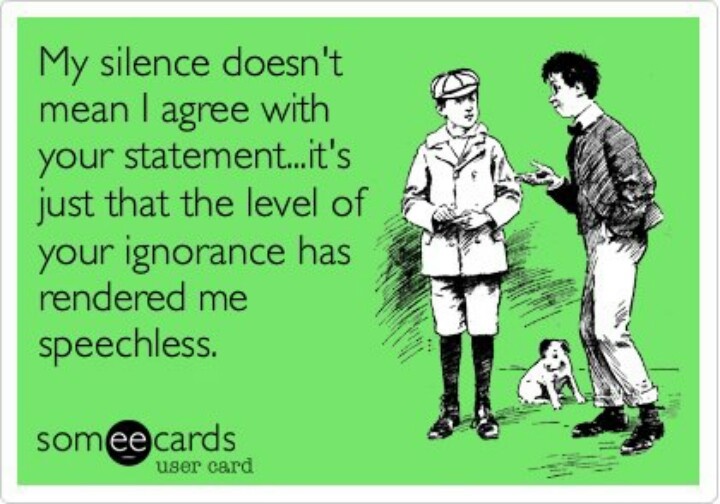 The aggressor may also use emotional blackmail and guilt, in which the victim feels “worthless” and feels guilty for being worthless. Soon a person loses self-esteem, and gradually begins to accept for truth the lies imposed by the offender.
The aggressor may also use emotional blackmail and guilt, in which the victim feels “worthless” and feels guilty for being worthless. Soon a person loses self-esteem, and gradually begins to accept for truth the lies imposed by the offender.
- Downplaying thoughts and feelings
Aggressors often plan their relationships. They try to intimidate and confuse their partners in order to increase control over them. This effect can be achieved by resorting to physical, mental methods, or both of them. Moreover, this process is facilitated by interference with the victim's established routine (as a result of which the victim is deprived of rest and sleep), gaslighting - a form of violence, the main purpose of which is to make the victim doubt the objectivity of his perception of the world. — Approx. ed., Devaluation of feelings, overestimation of views, and objection to the victim's own opinion. Many offenders even resort to stalking ⓘ Obsessive, excessive attention to the person. - Note ed., to achieve the desired results.
- Note ed., to achieve the desired results.
- Isolation from loved ones
The aggressor manipulates social situations and the psyche of the victim in such a way that the victim loses contact with his environment. The abuser may tell his partner false facts about his friends, relatives or colleagues in order to narrow the partner's social circle. After all, when you are isolated and unable to communicate with those who know you well, it can be easy to lose your sense of self. Victims are also deprived of any habitual activities that once gave them strength and independence.
- Total control
The abuser controls every aspect of his partner's life. Such control is manifested not only in cases with one's own routine, spending money or wearing certain clothes, but also in the most intimate things, like sleeping, bathing, eating. In this situation, the victims eventually accept the new rules of the game and forget about their past, free life.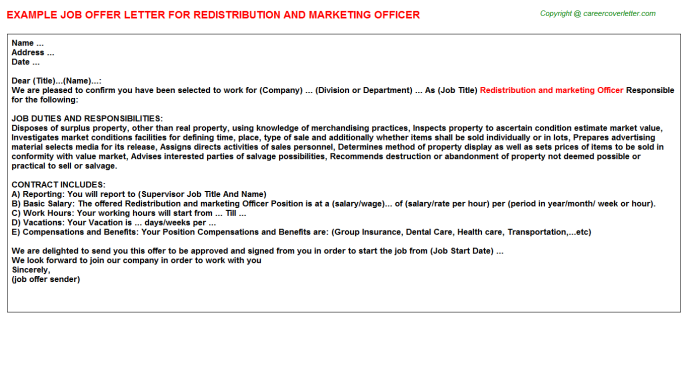
- New identity
In this way, the aggressor manages to establish control over the life of his partner. Once the victim loses faith in their ability to think and make decisions on their own, the offender may try to change their old beliefs about themselves (confident, independent, smart, kind, beautiful) to new false ones (stupid, weak, ugly, unpromising). In the end, due to the formed isolation from close people, a person begins to perceive a new identity as natural and inalienable.
- A new definition of "love"
The aggressors introduce new rules of relationships and define the components of "love". If the victim does not follow the new order of manifestation of love feelings, then he immediately turns into an "egoist". The aggressor can sometimes show good intentions, thereby confusing the partner, who begins to think that he is really behaving selfishly[3].
Maxim Chekmarev believes that the motives that guide the aggressors may be different.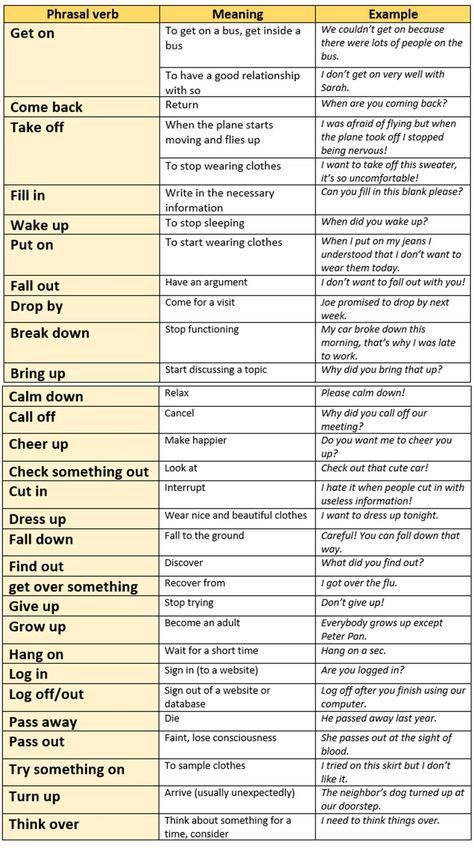 For example, hyper-responsibility and hyper-guardianship, when the very right of another to autonomy is impossible due to the fact that the aggressor has already taken total responsibility for the partner and is afraid when he carries out or has the risk of carrying out independent actions. This may be a concept in which the relationship is tied to obedience or, for example, an acute fear of losing a partner, which makes you go to extreme measures (in this case, the motives are the same as if you want to bewitch your lover).
For example, hyper-responsibility and hyper-guardianship, when the very right of another to autonomy is impossible due to the fact that the aggressor has already taken total responsibility for the partner and is afraid when he carries out or has the risk of carrying out independent actions. This may be a concept in which the relationship is tied to obedience or, for example, an acute fear of losing a partner, which makes you go to extreme measures (in this case, the motives are the same as if you want to bewitch your lover).
In general, experts believe that people who manipulate others use prospecticide as a means to achieve their life goals.
How to help people who are victims of prospecticide
As in the case of other types of similar psychological abuse, getting out of such a situation is always a difficult task. Many victims experience emotional trauma as a result of being under constant control.
Graham-Kevan draws on the study of Stockholm Syndrome to draw parallels between the two phenomena.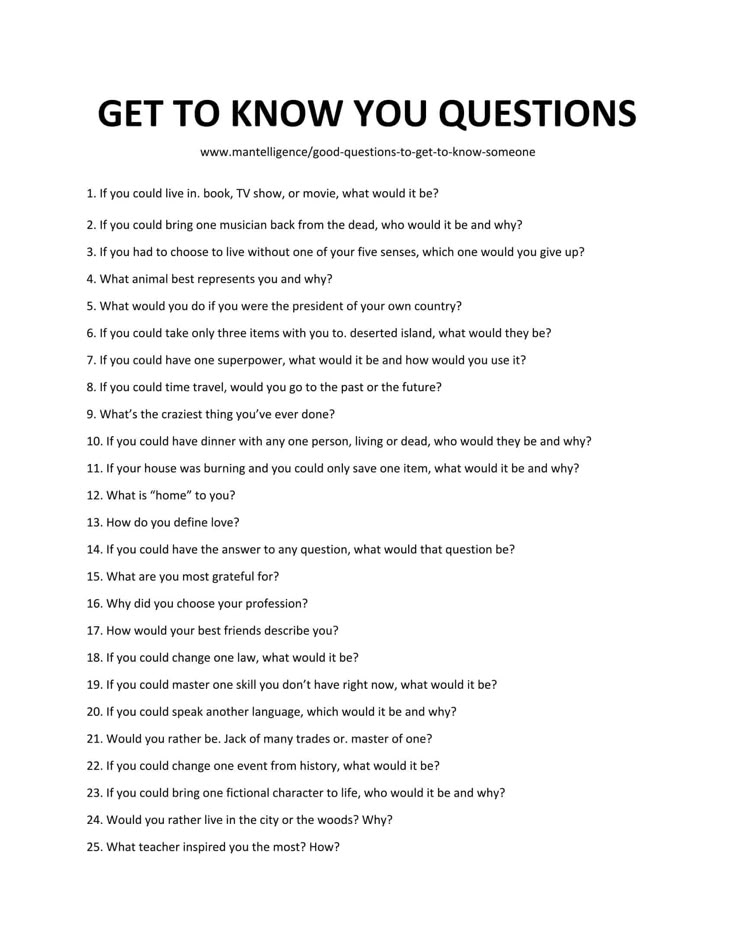
"There is no indication that the victims are in need of special, long-term psychological treatment," notes the professor. In the short term, victims may begin to blame themselves for everything as a result of their depressive states.
Nonjudgmental awareness and logical behavior therapy can help victims deal with indecision and anguish.”
Such methods help patients suffering from Stockholm syndrome and may possibly be effective also in victims of prospecticide[4].
However, do not forget about the second side. Psychologist Maxim Chekmarev notes:
“In any relationship, both sides will have to be dealt with, since violations of the attachment system will take place in both. The aggressor will need to discover the ability to be on an equal footing with anyone, clarify and heal their own deepest fears, develop the ability to see the other person as a subject, not an object. It is important for the victim to go from the ability to submit and lose himself for the sake of maintaining a relationship to the ability to build relationships that value the autonomy and uniqueness of a partner.
In both cases, this is a reconstructive psychotherapeutic work, since we are dealing with personality disorders.
Thus, emotional manipulation remains a serious problem, and if you are even for a moment worried about the psychological state of your personal relationships, then this is the first sign that something is really wrong with them.
Sources
[1] "Perspecticide: What you need to know about this type of emotional abuse in a relationship" / Xposé, 18th Oct 17.
[2] "Manipulative people brainwash their partners using something called 'perspecticide' – here are the signs it is happening to you” / Independent, 15th Oct 17.
[3] Is your partner emotionally manipulating you? 6 signs you may be a victim of Perspecticide" / Meaww.com
[4] "Perspecticide: What you need to know about this type of emotional abuse in a relationship" / Bt.com
Cover: Francisco Goya, Monk Talking to a Woman (1824).
If you find an error, please select a piece of text and press Ctrl+Enter .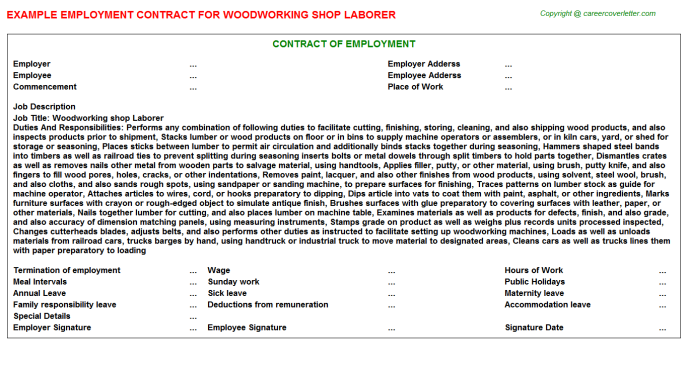
relationshipspsychology
what counter-dependence is and how to deal with it - T&P
True intimacy always involves great risk. This is her paradox: having close emotional ties is necessary for happiness, but no one can guarantee that one of them will not cause severe pain. Sometimes it seems that too strong a feeling can absorb the personality of a lover, and sometimes we are paralyzed by the fear of being too dependent or losing someone who has become so dear. These doubts are quite normal as long as they do not interfere with building a fulfilling relationship - but in some cases they seize power over a person's life, forcing him to avoid strong feelings and attachments again and again. "Theories and Practices" talks about how counter-dependence arises and whether it can be overcome.
The subscriber is temporarily unavailable
Many stories of complex relationships involve a mysterious and controversial hero (or heroine).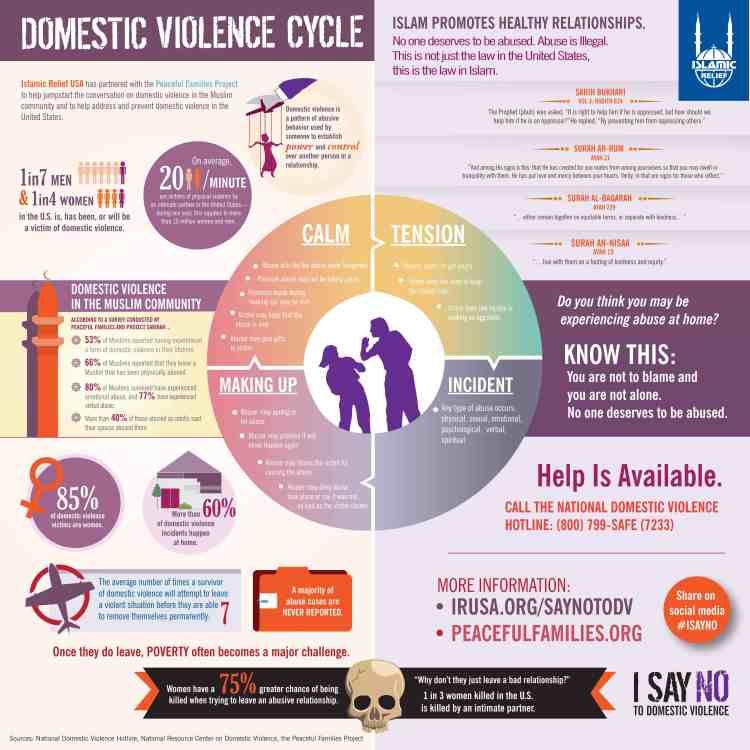 Such people make a good impression and show genuine sympathy for those who really hooked them, but when it comes to genuine emotional intimacy, yesterday's tender friend turns into a cold and aloof creature, seeking to increase the distance and refusing to recognize the importance of an already established relationship. He does not want to talk about personal topics and spends a lot of free time on activities and hobbies that are in no way connected with a partner, openly flirts with someone on the side, and in the most difficult cases, even avoids touching. Something obviously went wrong, but why and at what point?
Such people make a good impression and show genuine sympathy for those who really hooked them, but when it comes to genuine emotional intimacy, yesterday's tender friend turns into a cold and aloof creature, seeking to increase the distance and refusing to recognize the importance of an already established relationship. He does not want to talk about personal topics and spends a lot of free time on activities and hobbies that are in no way connected with a partner, openly flirts with someone on the side, and in the most difficult cases, even avoids touching. Something obviously went wrong, but why and at what point?
Usually, the partners of such characters tend to look for the cause in themselves, but most likely, this problem began long before they met. In one of the past educational programs, we already talked about codependency. Codependency is a violation of attachment, in which a person fixates on a partner and makes him the center of the universe. The ability to enter into close relationships with other people and at the same time remain self-sufficient, ensuring healthy social behavior in the future, is formed in early childhood - in the process of transition from psychological merging with the mother in infancy to separation from her at the age of 2-3 years.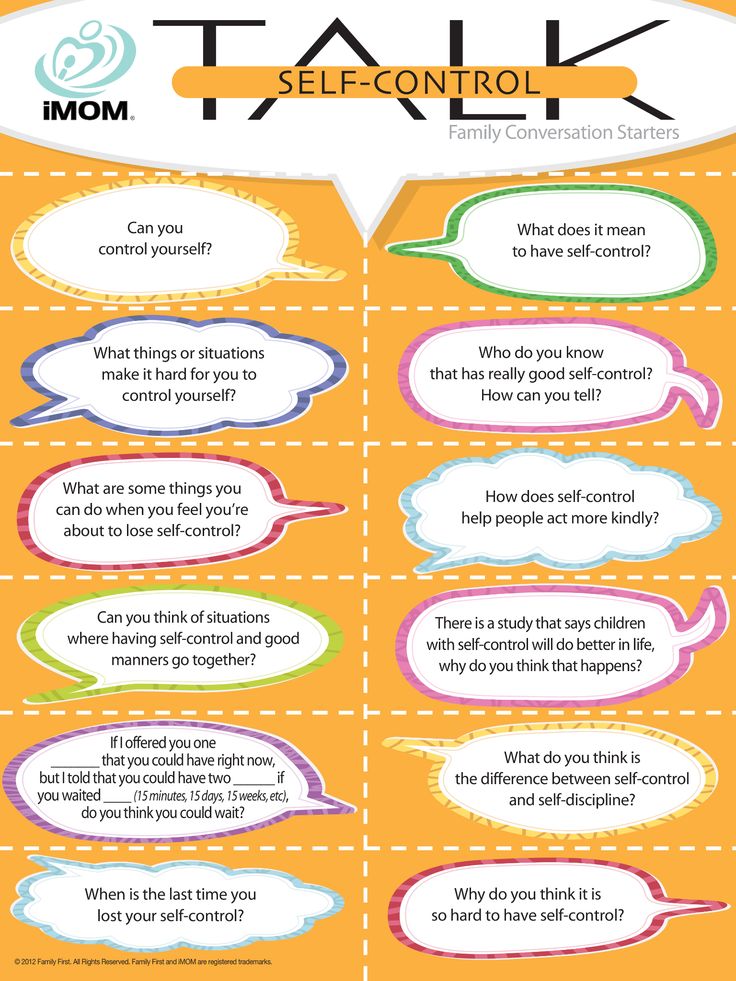 And if during this period the child receives a psychological trauma, these mechanisms can give a serious failure, which will also manifest itself in adulthood.
And if during this period the child receives a psychological trauma, these mechanisms can give a serious failure, which will also manifest itself in adulthood.
It is logical to assume that if there is one extreme - co-dependent people who lack self-sufficiency, there is another - those who have difficulty entering into close relationships. This type of disorder is commonly referred to as counterdependency or avoidance addiction. But it is worth remembering that attachment disorders are precisely a spectrum with different shades and degrees of manifestation of violations. There is no need to perceive codependence and counterdependence as a black and white dichotomy without nuances.
Angelina Chekalina,
PhD in Psychology, Senior Researcher, Department of Personality Psychology, Faculty of Psychology, Moscow State University I have terrible resistance to the very term "counterdependence" - as if with its help they took and balanced the other pole of "dependence". And it turned out such a bipolar construct, on the one hand of which there is a complete merger and complete avoidance of intimacy - on the other, with a set of opposite behavioral manifestations. For example, according to the Weinholds, co-dependent behavior manifests itself in “vulnerability and vulnerability”, while counter-dependent behavior manifests itself in “strength and firmness”. And this classification raises a lot of questions for me. Indeed, in existential psychology and psychotherapy, the strength of the spirit is precisely expressed in the ability to accept one's weakness, one's imperfection, one's own capabilities and limitations.
And it turned out such a bipolar construct, on the one hand of which there is a complete merger and complete avoidance of intimacy - on the other, with a set of opposite behavioral manifestations. For example, according to the Weinholds, co-dependent behavior manifests itself in “vulnerability and vulnerability”, while counter-dependent behavior manifests itself in “strength and firmness”. And this classification raises a lot of questions for me. Indeed, in existential psychology and psychotherapy, the strength of the spirit is precisely expressed in the ability to accept one's weakness, one's imperfection, one's own capabilities and limitations.
At the heart of the desire to merge (co-dependent relationship) and to avoid intimacy is the same feeling - a person feels very vulnerable, he constantly feels threatened. Only this sense of threat is about something else. In the case of a co-dependent relationship, a person feels vulnerable, being alone with himself, he needs someone nearby to identify himself through the relationship.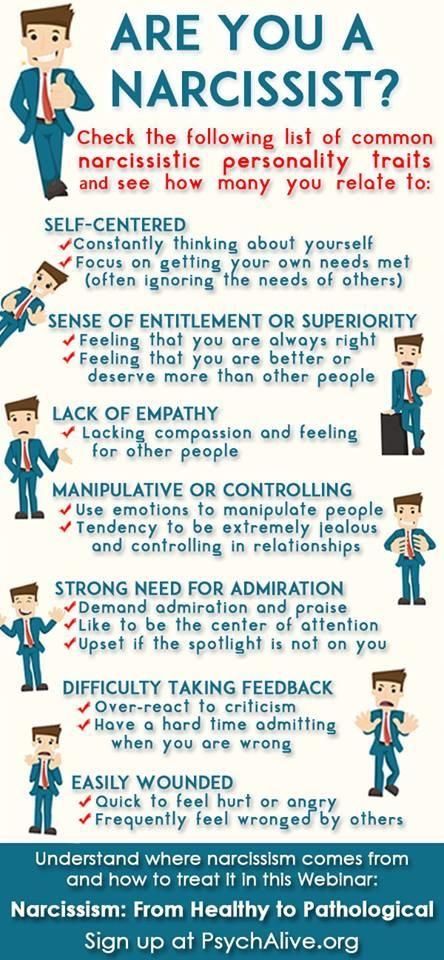 In fact, another person is needed in the function of a mirror in which one can reflect and understand "I am, I am good." Or, conversely, "I exist, but I'm bad."
In fact, another person is needed in the function of a mirror in which one can reflect and understand "I am, I am good." Or, conversely, "I exist, but I'm bad."
In the case of counter-dependent relationships, there is another kind of vulnerability - fear of being rejected, rejected, fear of getting close and getting burned. Which, quite possibly, happened more than once in different relationships. It's really very scary - to come close to what threatens again. Can this be called strength and firmness? In my understanding, no. And it's also about giving up on yourself.
You can also look at the renunciation of one's own life in various forms from a slightly different angle. Living in the interests and needs of other people (or going to work) is sometimes an unconscious flight from getting closer to yourself. When you start to get closer to yourself, then a lot of emotions appear on the surface due to past traumatic experiences that are not experienced and repressed. There is no way to make it not hurt, both then and now.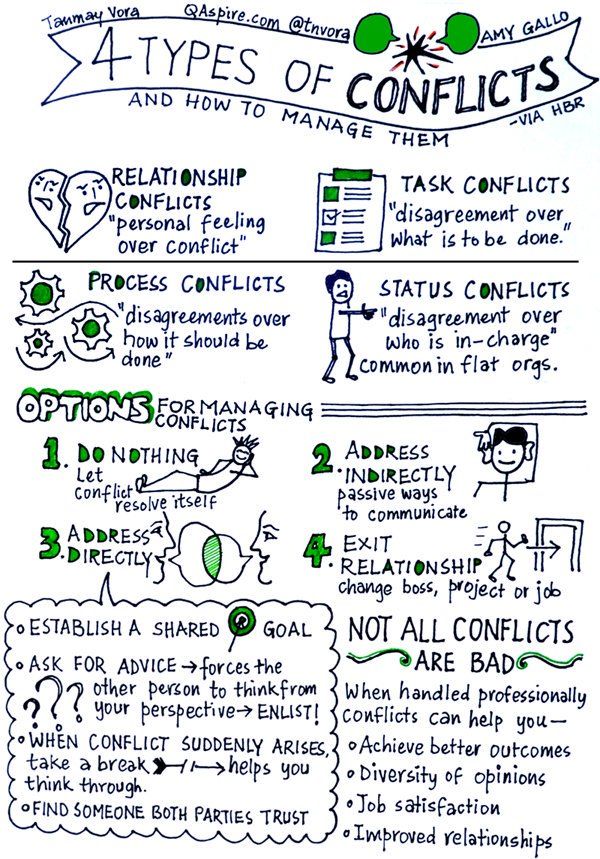 And so I want it not to hurt! And then any of these forms of behavior can be suitable for avoiding pain - either living in fusion or fleeing from intimacy.
And so I want it not to hurt! And then any of these forms of behavior can be suitable for avoiding pain - either living in fusion or fleeing from intimacy.
What must happen in order for a person to show pronounced signs of counter-dependence by a conscious age? There is no single answer to this question, but different options are possible. The first is overly controlling parents who do not allow the baby to gain the desired independence. As a result, the child begins to associate close relationships with lack of freedom, pressure and fear of losing himself and "fixes" on defending his own independence. He continues to follow this model in adult relationships.
The second option is the opposite: the separation from the mother, on the contrary, happened too early, before the child was ready for it. Or he simply did not receive warmth and attention from one of the parents (or both). In this case, the relationship is associated with the pain of loss and possible rejection.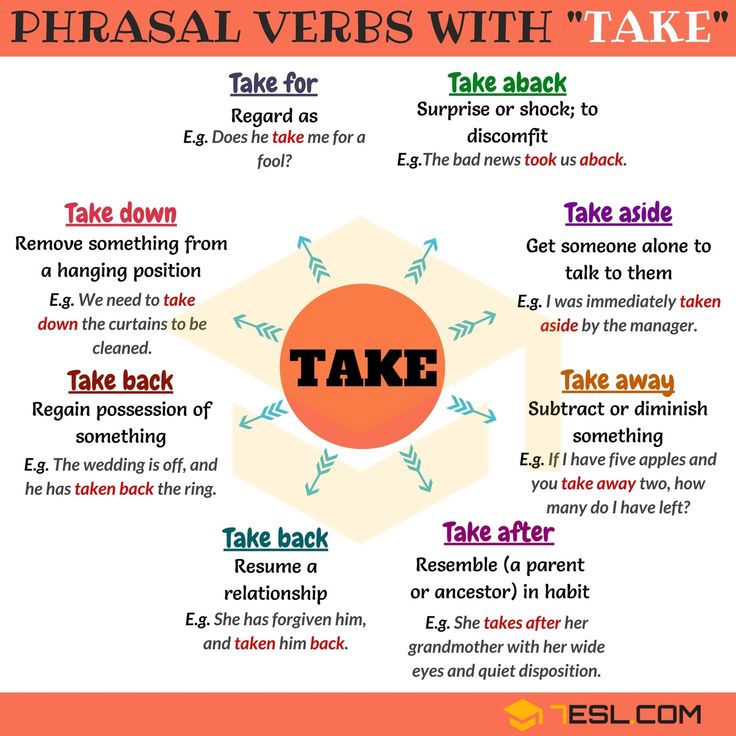 This means that it is better not to become attached to anyone or leave your dear person first, before he rejects you himself. “As our clinical studies have shown,” write psychologists Berry and Janey Weinhold in the book “Escape from Intimacy”, currently the most famous foreign work on the topic of counterdependence, “the most common cause of codependency and counterdependence is developmental trauma, caused by barely a discernible disruption in the bond between parent and child, which implies a lack or absence of emotional attunement. If this disunity is not identified and overcome, a habit of isolation and indifference develops, which can have a serious impact on attitudes towards intimacy in adulthood.
This means that it is better not to become attached to anyone or leave your dear person first, before he rejects you himself. “As our clinical studies have shown,” write psychologists Berry and Janey Weinhold in the book “Escape from Intimacy”, currently the most famous foreign work on the topic of counterdependence, “the most common cause of codependency and counterdependence is developmental trauma, caused by barely a discernible disruption in the bond between parent and child, which implies a lack or absence of emotional attunement. If this disunity is not identified and overcome, a habit of isolation and indifference develops, which can have a serious impact on attitudes towards intimacy in adulthood.
Some psychologists also believe that the problem may be in the excessively emotional and unpredictable behavior of parents (most often, mothers; problems associated with counterdependence occur more often in men) - the child gets the impression that feelings and emotions always lead to dangerous chaos, so it's better to control them.
In addition, modern society encourages counter-dependency behavior - individuality is highly valued, young people learn to be (or at least look like) self-sufficient, strong and reserved, and often hesitate to show vulnerability or admit that they need someone. In relationships, personal comfort becomes a priority, and serial monogamy seems to many to be a more viable option than the traditional family model.
In any case, nothing human is alien to avoidance addicts — deep down they are also afraid of loneliness. But they realize this fear much worse than their own fear of intimacy. And even more so, they do not understand its causes, which grow from childhood, because children always believe that their parents act from the best of intentions and tend to justify or displace negative experiences from memory.
Running in circles
Since people with counterdependence find it difficult to fulfill themselves in close relationships, they invest their energy with a vengeance in other areas of life (career or hobbies) and strive to make a good impression on those around them. It's hard to see the catch - at the initial stage of the relationship, the avoidant addict is really fascinated by his partner and tries very hard to please him. The problem arises later, when it is discovered that the person with attachment disorders is equally sincere in wanting to spend time together, looking at the stars and talking about everything in the world, and in the desire to escape or push the companion later, when everything goes too far.
It's hard to see the catch - at the initial stage of the relationship, the avoidant addict is really fascinated by his partner and tries very hard to please him. The problem arises later, when it is discovered that the person with attachment disorders is equally sincere in wanting to spend time together, looking at the stars and talking about everything in the world, and in the desire to escape or push the companion later, when everything goes too far.
"Too far" is a relative concept, and it is impossible to attach some formal milestone to it, such as a third date, getting to know your parents, or renting a house together. “Too far” for one may be where true intimacy has not yet begun for another. Someone may even get married, but even there maintain a certain emotional distance, while someone starts having an anxiety attack already in the second week of the relationship. The only criterion - and it is very subjective - at a certain stage, the counter-dependent person ceases to feel safe. This may be due to some real pressure from the partner - for example, the requirement to finally determine the status of the relationship. But not necessarily: in order to one day wake up in a cold sweat, it is enough for some to feel a little less self-sufficient than before. Too passionate a look, too sincere conversation, too sorry to part after a weekend spent together - and now you have one foot in the trap of feelings, which, as your subconscious mind tells you, will bring nothing but suffering. Therefore, it is better to assert your boundaries by pushing the satellite right now, before everything leads to disaster. Consciously, this whole logical chain, most often, is not tracked - a person feels inexplicable discomfort (violation of personal integrity, loss of himself, lack of freedom, feeling that someone absorbs his energy) and tries to somehow rationalize it, without getting to the bottom of the true essence of things .
This may be due to some real pressure from the partner - for example, the requirement to finally determine the status of the relationship. But not necessarily: in order to one day wake up in a cold sweat, it is enough for some to feel a little less self-sufficient than before. Too passionate a look, too sincere conversation, too sorry to part after a weekend spent together - and now you have one foot in the trap of feelings, which, as your subconscious mind tells you, will bring nothing but suffering. Therefore, it is better to assert your boundaries by pushing the satellite right now, before everything leads to disaster. Consciously, this whole logical chain, most often, is not tracked - a person feels inexplicable discomfort (violation of personal integrity, loss of himself, lack of freedom, feeling that someone absorbs his energy) and tries to somehow rationalize it, without getting to the bottom of the true essence of things .
© Studio Jane&Andrew Gough
For a partner, this is all the more painful, the less he was intrusive in reality - few people want to feel like an annoying admirer. A person prone to reflection will begin to doubt at this moment: “Have I made some mistake? Was I really too pushy?" Then everything depends on the readiness to fight for the obstinate object of feelings. Codependent people are drawn into such relationships more often because periodic rejection from a partner does not stop them - it answers their own unconscious fear of intimacy. As a result, the relationship turns into a cyclical process: feeling threatened, the counter-addict pushes the partner away, but, having run back to a safe distance, begins to miss him again. It’s hard for the partner, but, having again believed in his need, he returns - with the hope that he will no longer be pushed away.
A person prone to reflection will begin to doubt at this moment: “Have I made some mistake? Was I really too pushy?" Then everything depends on the readiness to fight for the obstinate object of feelings. Codependent people are drawn into such relationships more often because periodic rejection from a partner does not stop them - it answers their own unconscious fear of intimacy. As a result, the relationship turns into a cyclical process: feeling threatened, the counter-addict pushes the partner away, but, having run back to a safe distance, begins to miss him again. It’s hard for the partner, but, having again believed in his need, he returns - with the hope that he will no longer be pushed away.
But at the same time, it is wrong to assume that co-dependent and counter-dependent people are bound to be together as a pair of opposites. There are cases when the same person in different respects shows the traits of either co-dependence or counter-dependence. Sometimes two people with codependency tend to enter into a relationship and one begins to overwhelm the other so much that he begins to learn to assert his personal space.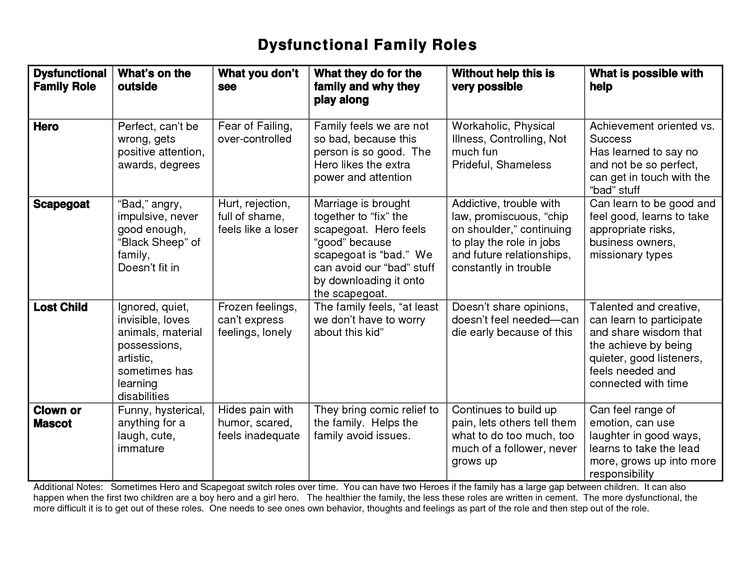 Or a couple of independent and self-sufficient ones can organize a strong alliance, not burdened by excessive emotional closeness. In general, there are no universal scenarios and rigidly fixed constructions - although the well-known psychiatrist, the founder of modern addictology, Cesar Korolenko, noted in his works that love addicts and avoidance addicts are most often attracted to each other, regarding other people as "uninteresting".
Or a couple of independent and self-sufficient ones can organize a strong alliance, not burdened by excessive emotional closeness. In general, there are no universal scenarios and rigidly fixed constructions - although the well-known psychiatrist, the founder of modern addictology, Cesar Korolenko, noted in his works that love addicts and avoidance addicts are most often attracted to each other, regarding other people as "uninteresting".
The distance necessary for a person with counterdependence can be built in different ways. As a rule, he does not really like to talk about feelings - suddenly showing tenderness, he either withdraws into himself again, or hurries to reduce the degree of sentimentality with some sarcastic remark. In addition, he tries not to reveal himself too much in communication on other topics. He specifically limits the time spent with a significant person, and seeks to fill his life with various activities and hobbies, which, in which case, can distract him from too strong affection. Such people can cheat on a partner that suits them only in order to maintain "inner freedom" and feel the possibility of choice.
Such people can cheat on a partner that suits them only in order to maintain "inner freedom" and feel the possibility of choice.
It is important to understand here that, unlike other “problematic lovers”—perverted narcissists, for example—the counter-addicted person is not going to cold-bloodedly play with someone else’s feelings in order to amuse his ego. Although it is pleasant for him (like any normal person) to feel needed and loved, the constant pendulum "closer-further" for him is a forced attempt to sit on two chairs: not to lose someone who has already become dear, and at the same time not to fall into a frightening meat grinder uncontrollable feelings. But with some work on oneself (not without the help of a psychotherapist) and support from loved ones, the avoidance addict has a chance to correct the situation.
Possible Solutions
Being a serious problem, counterdependence is not an officially recognized mental disorder. The psychotherapist may assume that the patient has this problem, based on his own testimony or the testimony of his relatives. Here are the main signs of violation, compiled by psychologists Berry and Janey Weinhold:
Here are the main signs of violation, compiled by psychologists Berry and Janey Weinhold:
• difficulty in getting close to people and maintaining closeness in intimate relationships
• tendency after the breakup of relationships to consider former partners bad or vicious
• Difficulties in dealing with feelings (other than anger and frustration)
• Fear of being controlled by others
• Habit of saying no to new ideas suggested by others
• Resisting intimacy attempts and feelings of anxiety in intimate relationships
• constant fear of making a mistake, desire to be perfect and demanding the same from others
• refusal to help, even if it is really needed
• fear that other people will turn away from you if you show your weaknesses and fears
• workaholism or being overly busy with hobbies, recreational activities, or other activities.
What should you do if you find counter-dependency traits in your partner and you think that this negatively affects the relationship? First, do not rely too much on self-diagnosis - before labeling, it is better to consult a family therapist. Secondly, you should honestly tell yourself what you want from this relationship. And if the current state of affairs does not suit you, you should not put up with it. A common advice on the Web is to try to keep the "elusive" by giving the impression that you do not claim anything and do not belong entirely to him. Emphasize your boundaries in every possible way, restrain sentimental impulses and live your busy life, limiting the number of meetings and manifestations of affection. Formally, these techniques are likely to work - the counter-addict has fewer reasons to run away from such a partner. But it is worth considering how long you can withstand such a game and what is the point of a relationship if you keep it this way.
Secondly, you should honestly tell yourself what you want from this relationship. And if the current state of affairs does not suit you, you should not put up with it. A common advice on the Web is to try to keep the "elusive" by giving the impression that you do not claim anything and do not belong entirely to him. Emphasize your boundaries in every possible way, restrain sentimental impulses and live your busy life, limiting the number of meetings and manifestations of affection. Formally, these techniques are likely to work - the counter-addict has fewer reasons to run away from such a partner. But it is worth considering how long you can withstand such a game and what is the point of a relationship if you keep it this way.
Even if you believe that the person is "yours" and everything can work out, both should participate in saving the relationship - the partner should begin to realize the problem and agree to work on it. In this case, joint sessions with a psychotherapist can give a good result.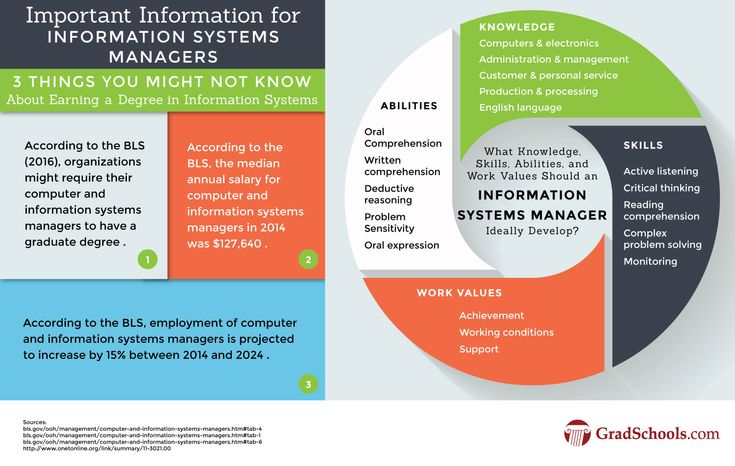 If a partner refuses to admit that something is wrong with him, your single-handed efforts are unlikely to lead to a happy ending.
If a partner refuses to admit that something is wrong with him, your single-handed efforts are unlikely to lead to a happy ending.
For those who come across a counter-dependent partner more than once, or in general you meet such characters with enviable regularity, it makes sense to go to a psychotherapist and figure it out with yourself - why do you like just such people?
Angelina Chekalina,
PhD in Psychology, Senior Researcher, Department of Personality Psychology, Faculty of Psychology, Moscow State University If we proceed from the fact that counter-dependence is the impossibility for various reasons to be in close relationships, then such relationships will end. And sooner rather than later. If the question is about what I can do for another, the answer is nothing. Whatever you do, it will still not be the same. If the question is about what I can do for myself, then you should first ask yourself an unpleasant, but very honest question: “What keeps me close to a person with whom I don’t like relationships?” And look for an answer to it.